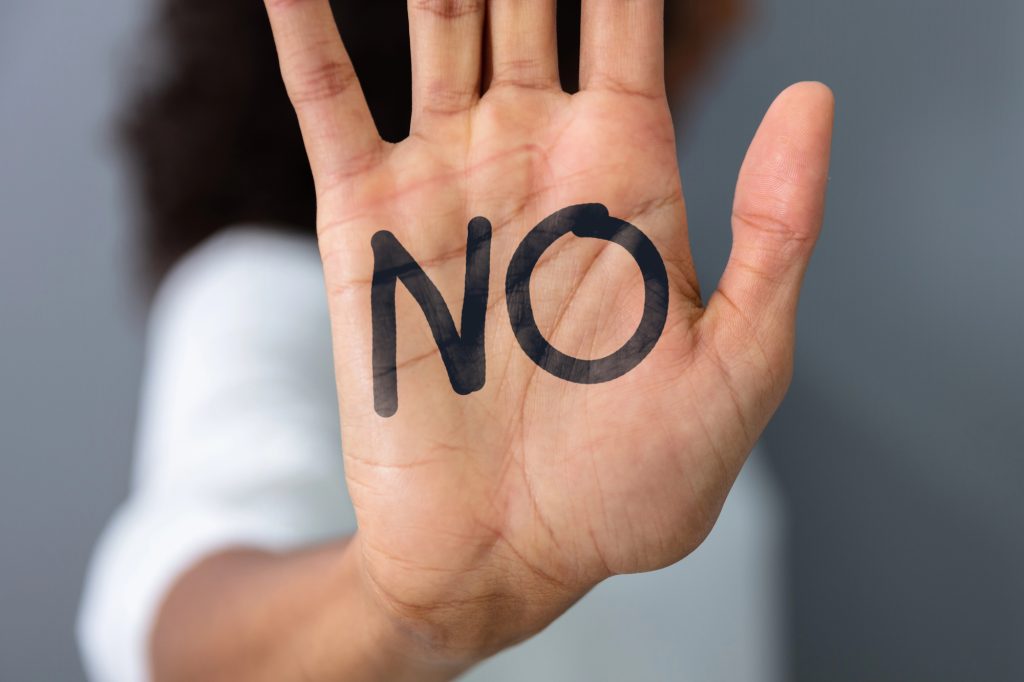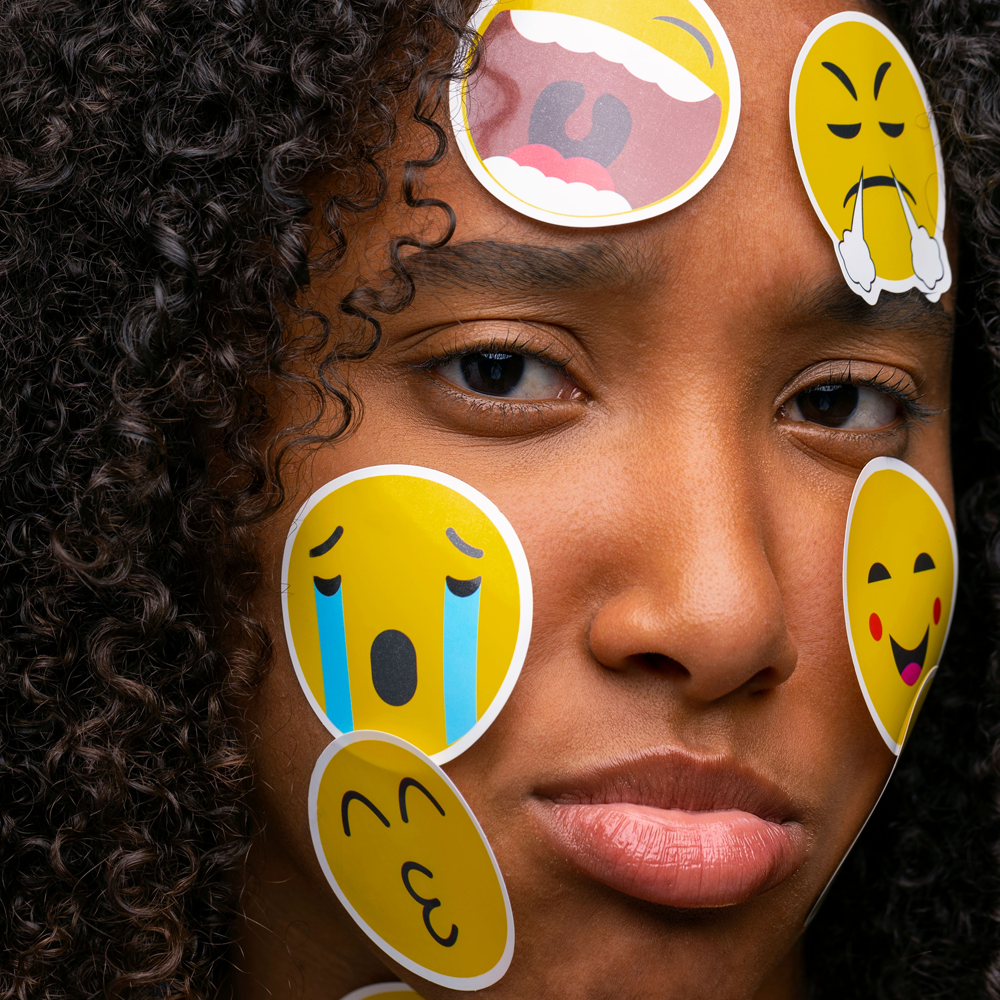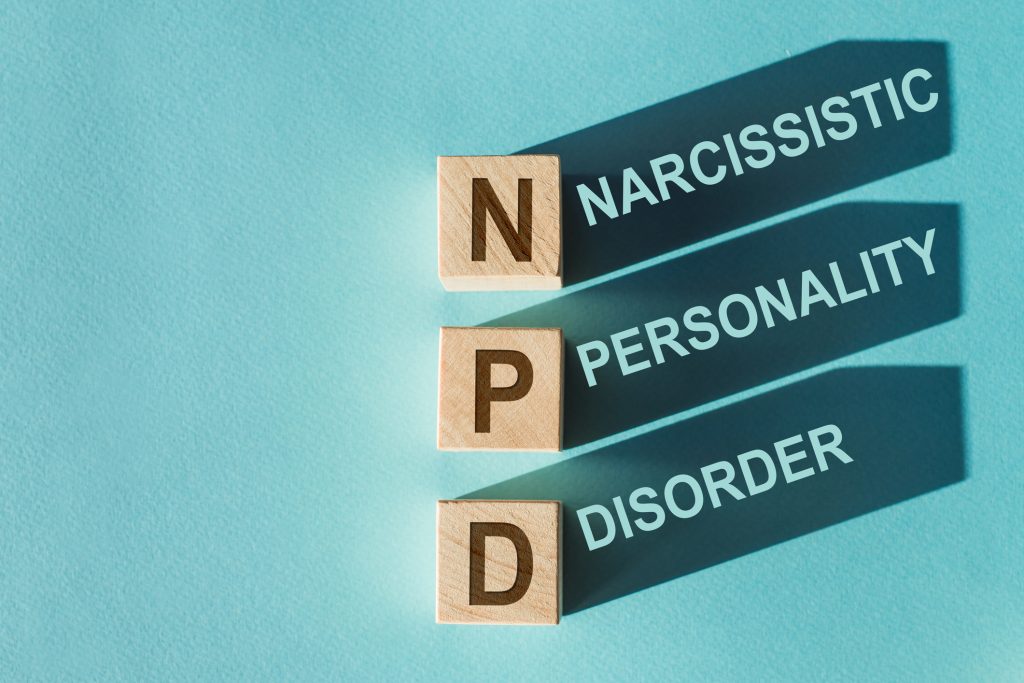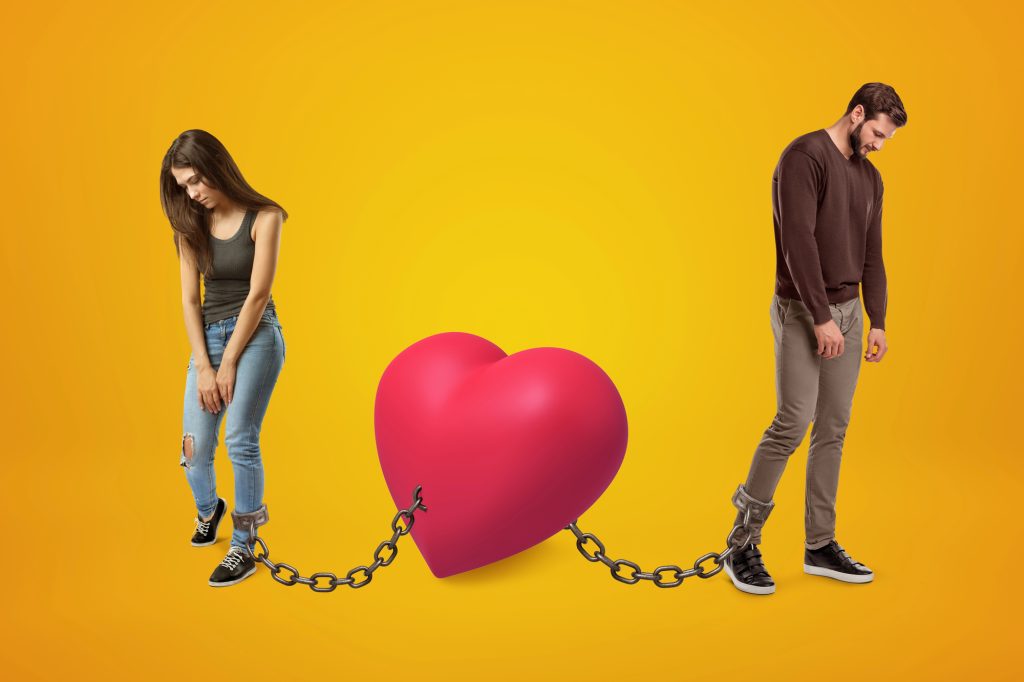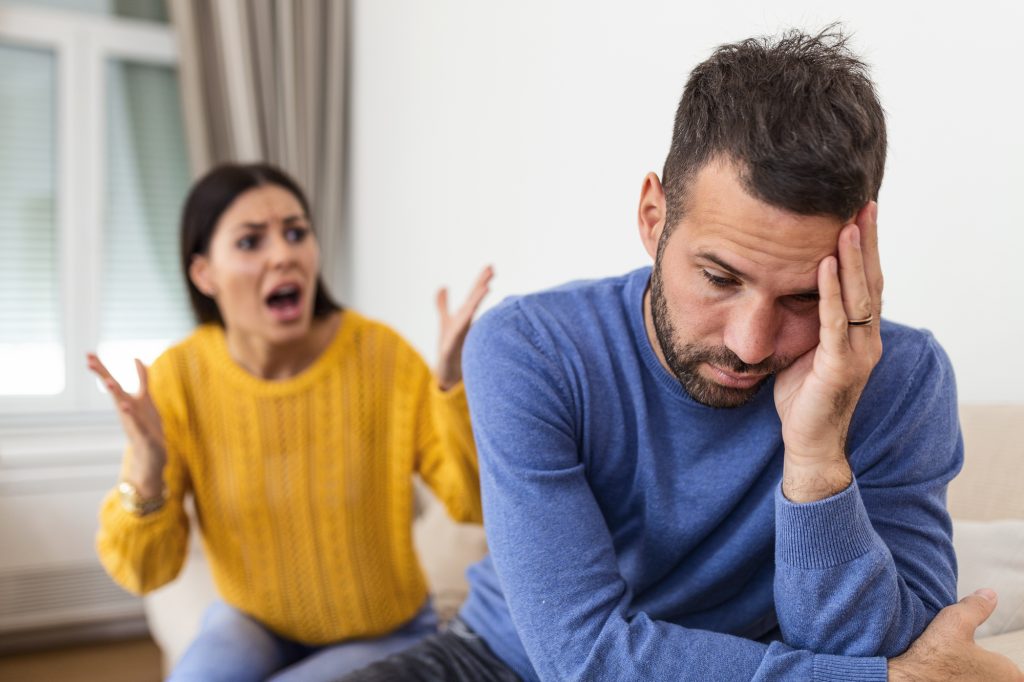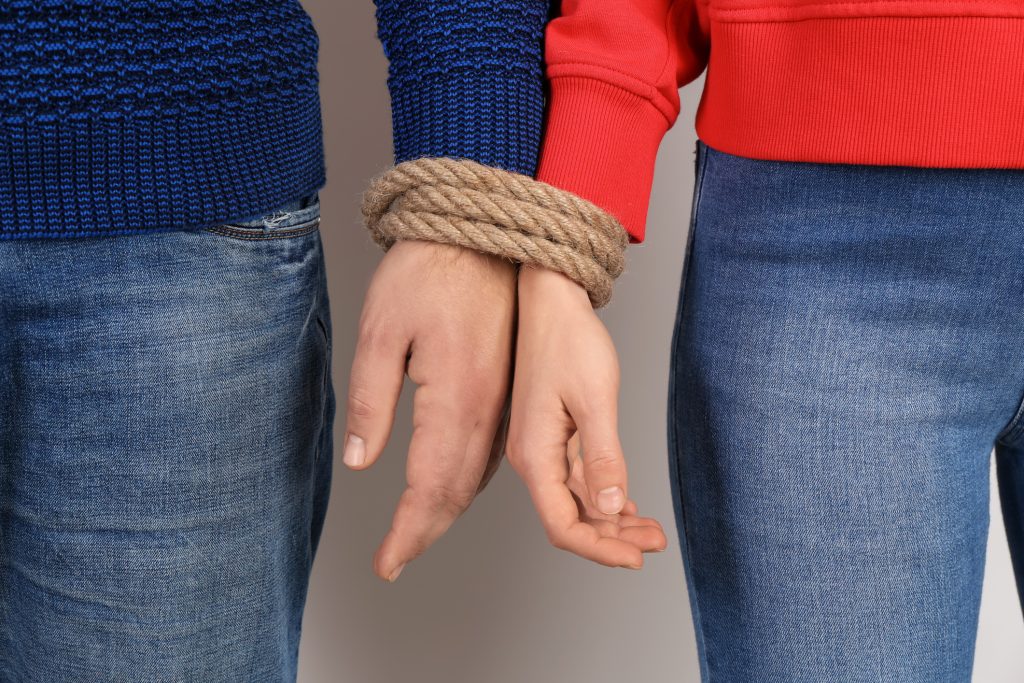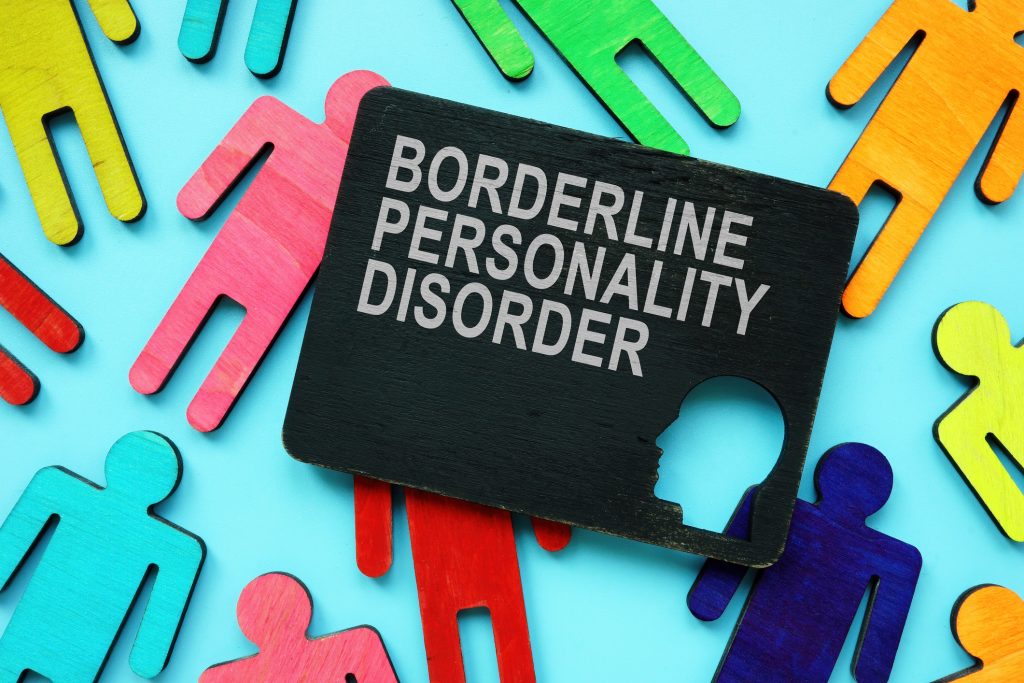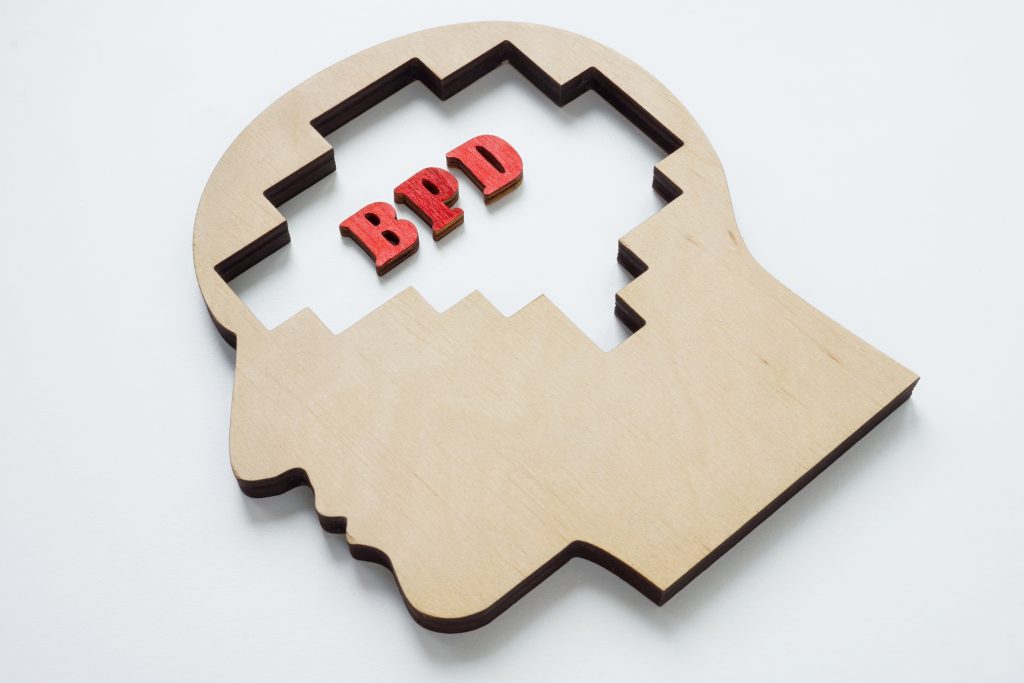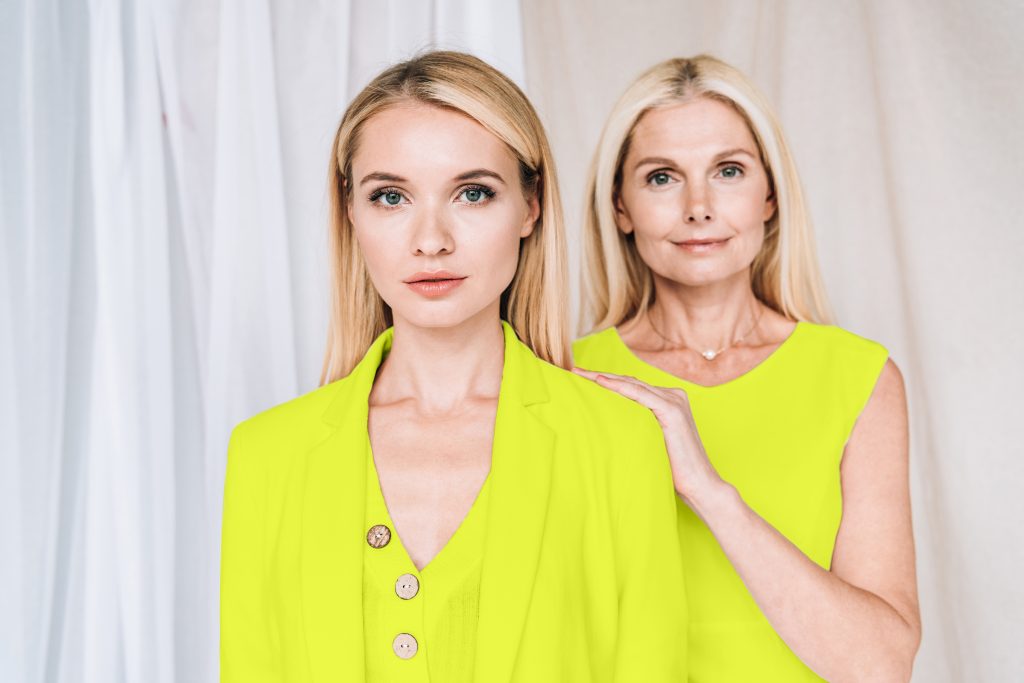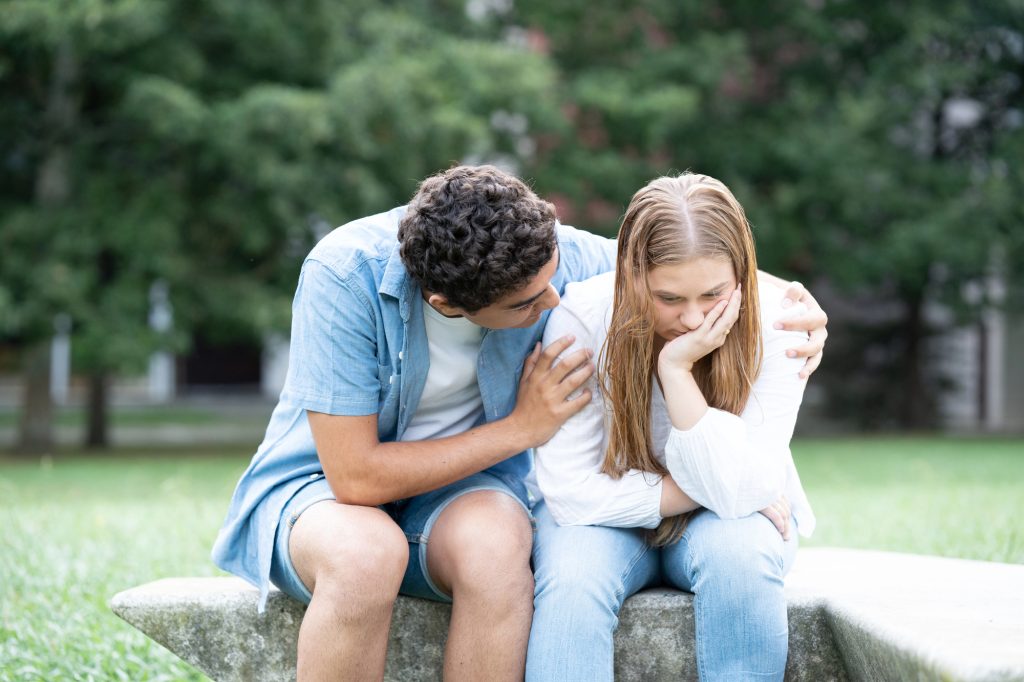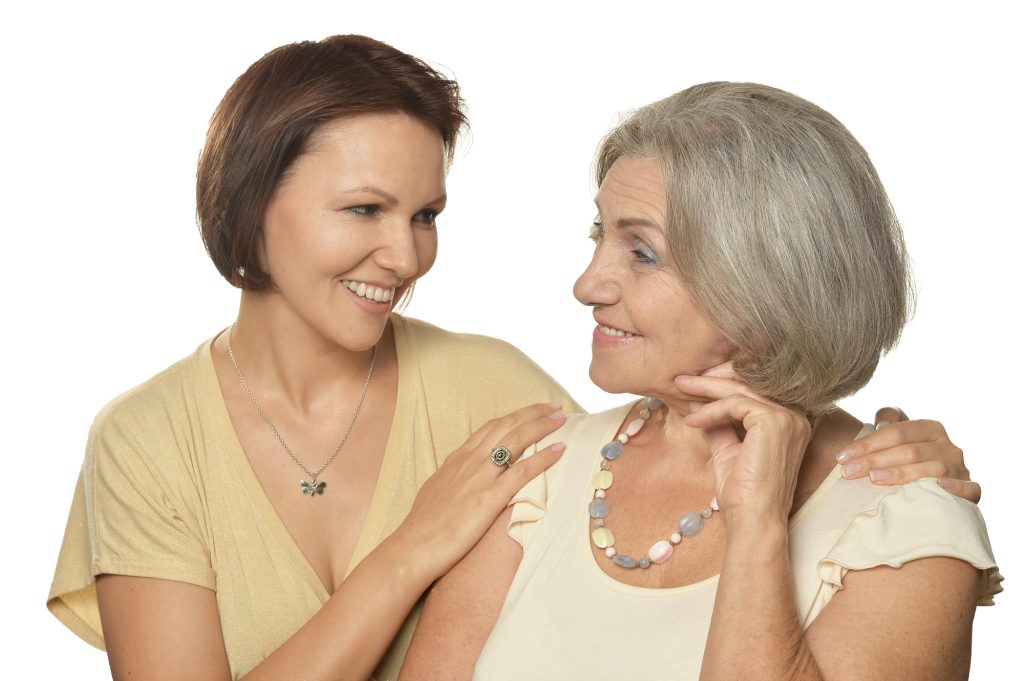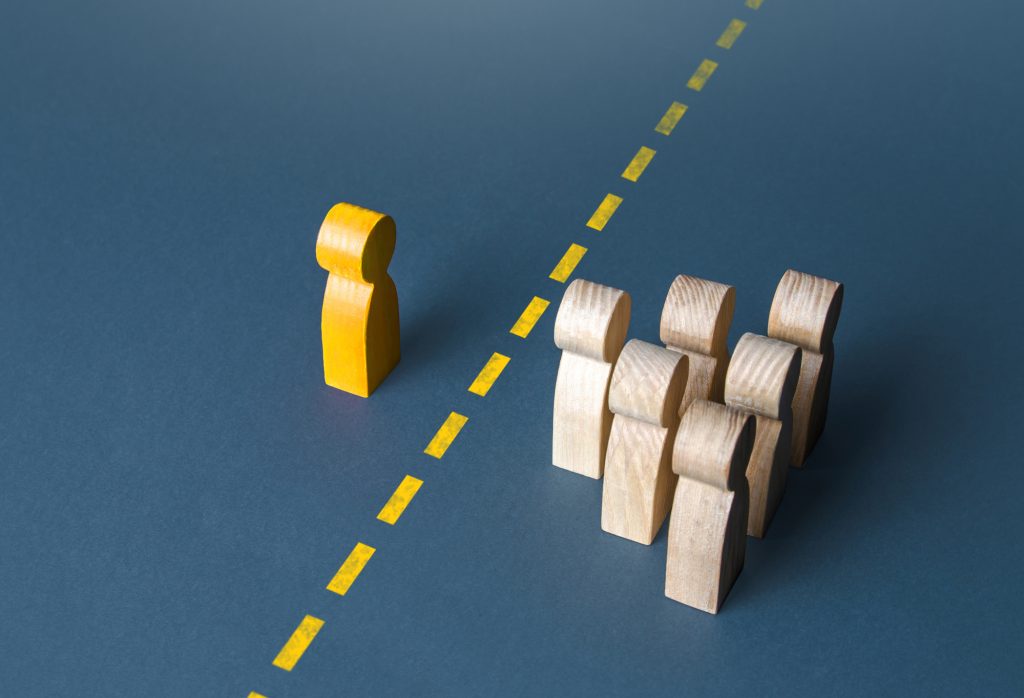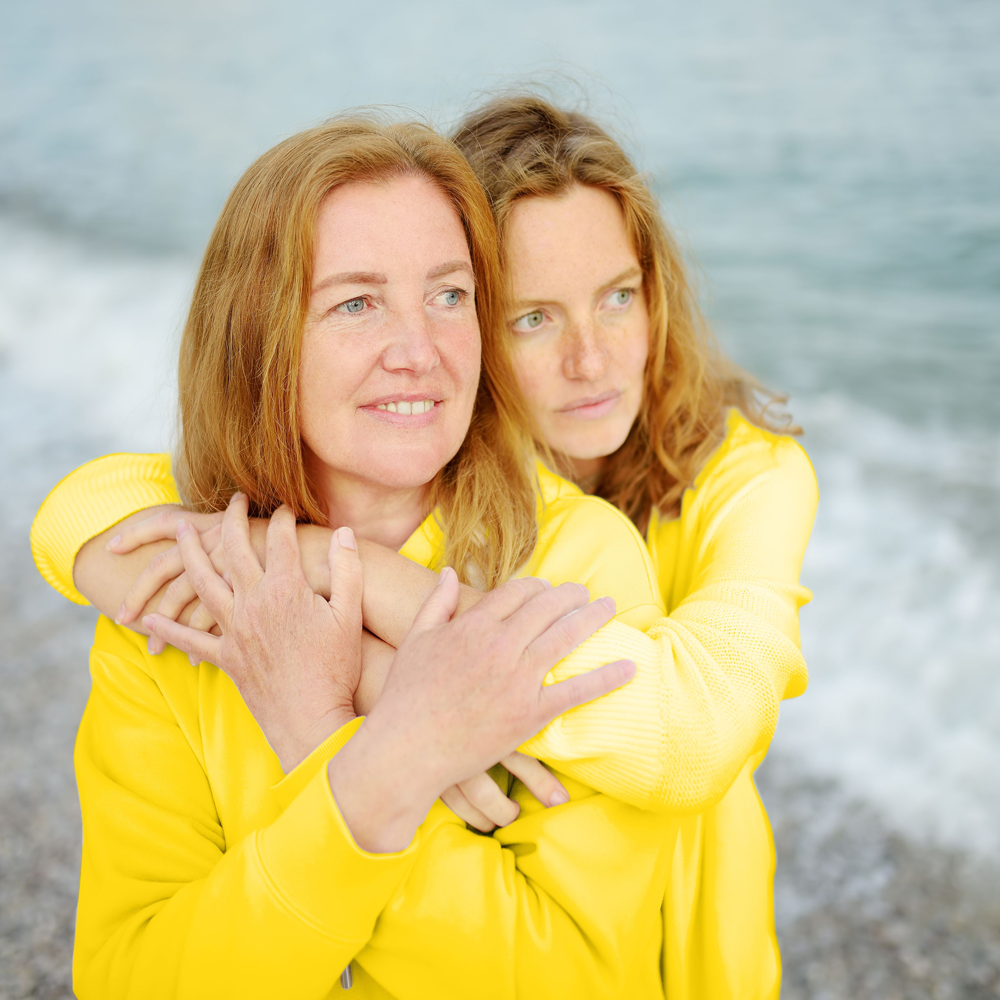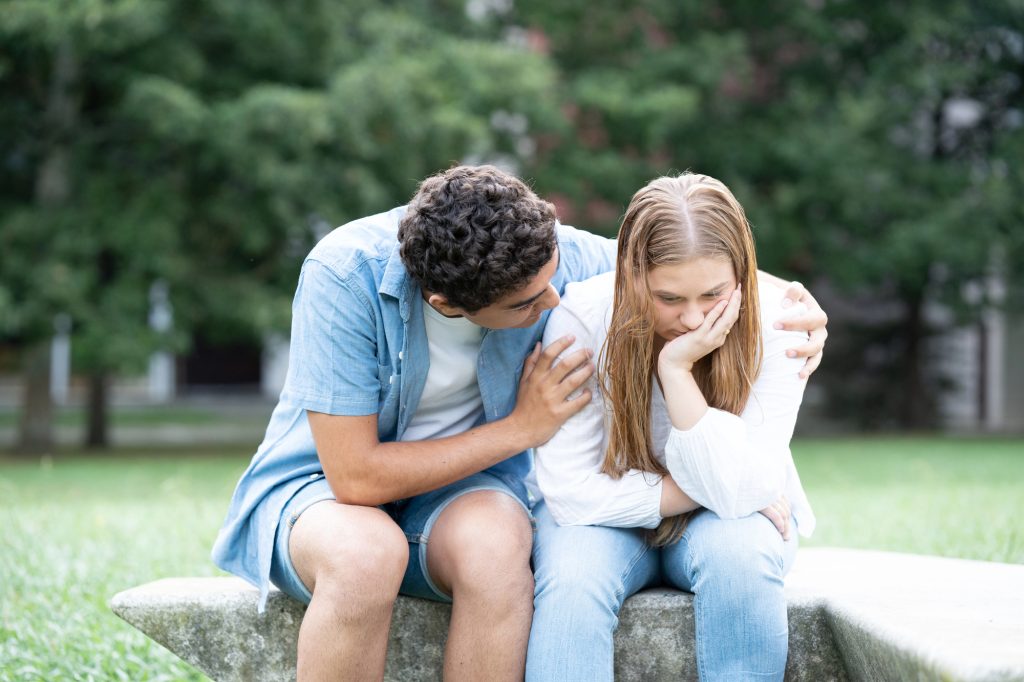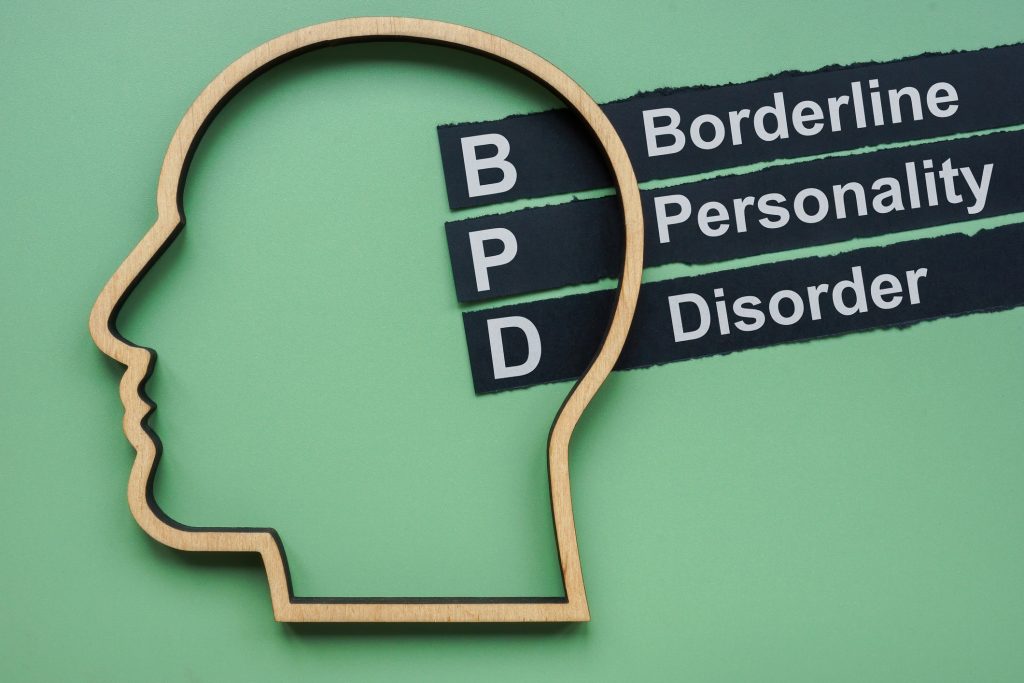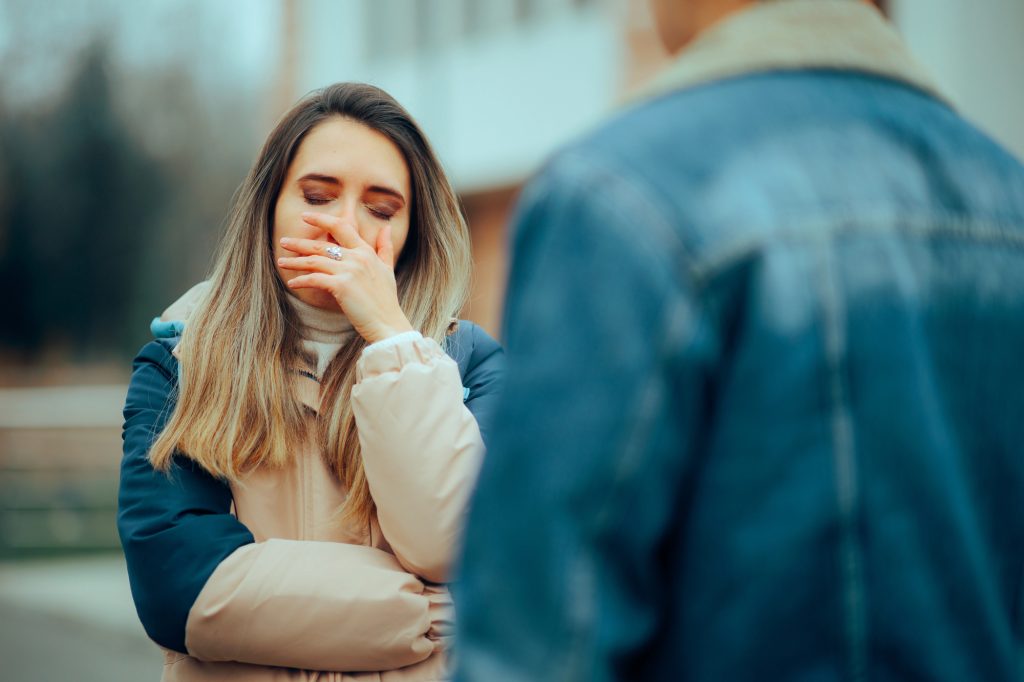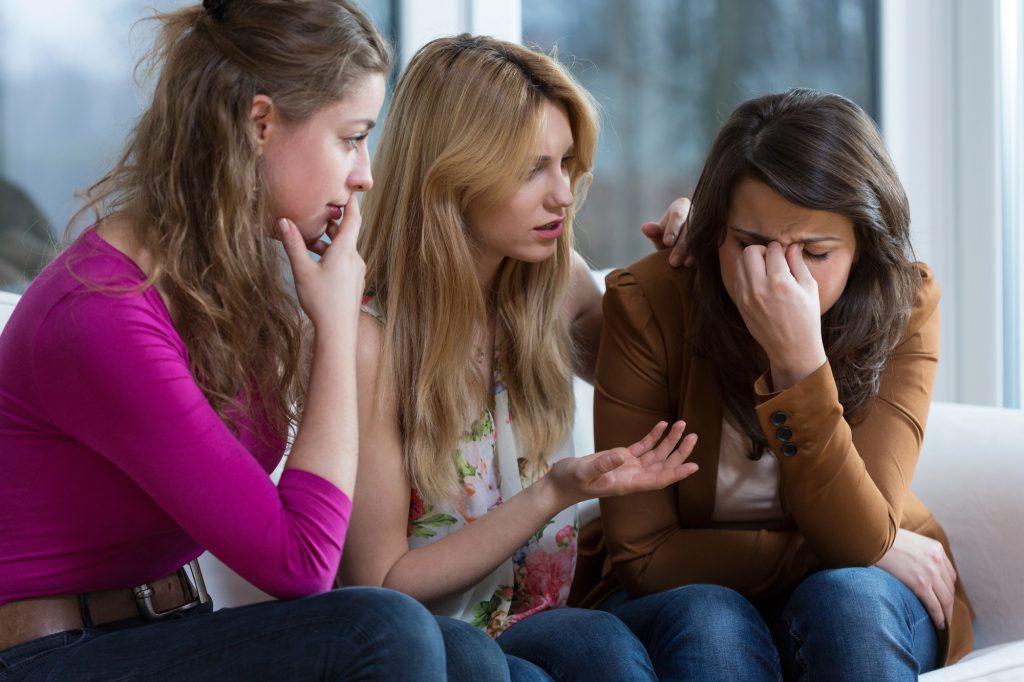
Why Feeling Selfish Can Be the First Sign You’re Finally Breaking Free from Enmeshment and Narcissistic Abuse
by AJ Murillo
If you’ve ever set a boundary, said “no,” or simply chosen yourself for once…and instantly felt a wave of guilt or anxiety, you’re not alone. For many survivors of toxic family systems, enmeshment, or narcissistic relationships, the idea of putting yourself first feels wrong—even dangerous.
This is one of the most common turning points in recovery—and one of the least talked about.
Why Saying “No” Feels So Wrong in Healing
It’s strange, isn’t it? That even after everything—all the hurt, all the emotional labor—the hardest part of healing is often just saying “no.”
The first heartbreak is recognizing the truth about the people in your life. The quiet realization that maybe the ones you loved didn’t really see you. Or needed you in ways that cost you your sense of self.
But the real challenge? It comes later—when you’re no longer just noticing it but responding to it. Saying “no.” Choosing differently. Stepping back.
That’s when it gets confusing—because freedom doesn’t always feel gentle. And old pain can still feel like home.
So, when you start doing what’s right for you, it might not feel empowering right away. It might feel cold. Distant. Harsh. Because for so long, you were wired to equate boundaries with rejection—not protection.
The Psychology Behind This “Selfish” Feeling
You’re not weak for struggling to put yourself first. Your brain has simply linked “belonging” with self-erasure—and neurologically, it’s still catching up to the truth.
Your nervous system has been conditioned to associate harmony with safety. So, the moment you pull back, speak up, or set a boundary, your body reads it as a risk. Not because it is, but because your nervous system was trained to associate your safety with compliance.
To your brain and body, putting yourself first triggers the same stress response as danger—because once upon a time, it was dangerous to say no, to take up space, or to disappoint someone you depended on.
You’re not being selfish. You’re reconditioning your system. You’re gently rewriting what “safety” looks and feels like in your present life.
This is the tug-of-war that happens in enmeshment and narcissistic abuse recovery.
The part of you that’s learning how to become your own person…is going up against the part of you that was trained to survive by disappearing.
And yes, it feels messy. Sometimes it feels like guilt. Sometimes like grief. But underneath it all?
It’s healing.
We go into the deeper psychology of this inside our program, but for now, here’s what that healing might actually look like:
Examples of “Selfish” Acts That Are Actually Signs of Healing
- Declining a family gathering because you need rest.
- Telling your partner you’re not available for a late-night emotional dumping session.
- Taking time for a hobby without feeling the need to “earn it” first.
- Choosing not to answer a text immediately, simply because you just don’t feel like it.
In an enmeshed or toxic environment, what once earned you cold shoulders or emotional backlash is now a marker of your growth. In healing, these become your milestones—proof that you’re reclaiming your own life.
How to Keep Going When Guilt Hits
Okay, so first things first. When guilt shows up, just notice it. Don’t fight it right away. Maybe even say, “Ah, there you are, guilt.” Call it out like a strange guest who keeps dropping by uninvited. Somehow, naming it makes it less scary.
Next, get curious—but don’t overthink it. Ask yourself, “Is this guilt actually about something I did? What’s this really about?” When you get honest about what’s underneath it, guilt starts to shift. It doesn’t control you the same way, it becomes something you can respond to instead of reacting from.
Then, remind yourself why you’re doing what you’re doing. You’re not turning your back on people—you’re turning toward your own needs. And if guilt shows up? Let it. That just means you’re stepping into something true.
Last, be kind. The type of kind that feels like exhaling. Give yourself credit for even getting here. Let the guilt exist without letting it define you. This moment—you, choosing to care for your own mind—is proof that you’re healing, not hiding.
Guilt might come back, but you’re not its prisoner anymore. You’re just someone who’s learning how to keep walking anyway.
What This Means for Your Recovery
If you’re in this stage, you’re doing something extraordinary. You’re not just “getting over” a toxic relationship or family dynamic. You’re fundamentally reprogramming the way you see yourself in relation to others.
Instead of you feeling that it is selfish, it’s worth asking: when did valuing your own life become something to be ashamed of?
You’re shifting from:
- Living to please others → Living in alignment with yourself.
- Self-abandonment → Self-connection.
- Reactive survival → Conscious choice.
And yes—it feels unnatural at first. But with each “selfish” choice you make, you’re teaching your brain and body that you can survive being your own person.
A Final Thought from Un-Enmesh
You may still hear the old voices telling you that you’re wrong, ungrateful, or difficult. That’s just the echo of the system you’re leaving.
If anything, this “selfish” feeling means you’re doing the most selfless thing you can do for your future: stepping into a life that belongs entirely to you.
And here’s the truth: you are not the role that kept the peace. You are the soul ready to be free.
You’ve already taken a powerful first step. Keep exploring Un-Enmesh. There’s more waiting for you— more understanding, more tools, more freedom. Un-Enmesh is here to walk with you. Everything here exists to help you build the life your future self will be deeply grateful for.

